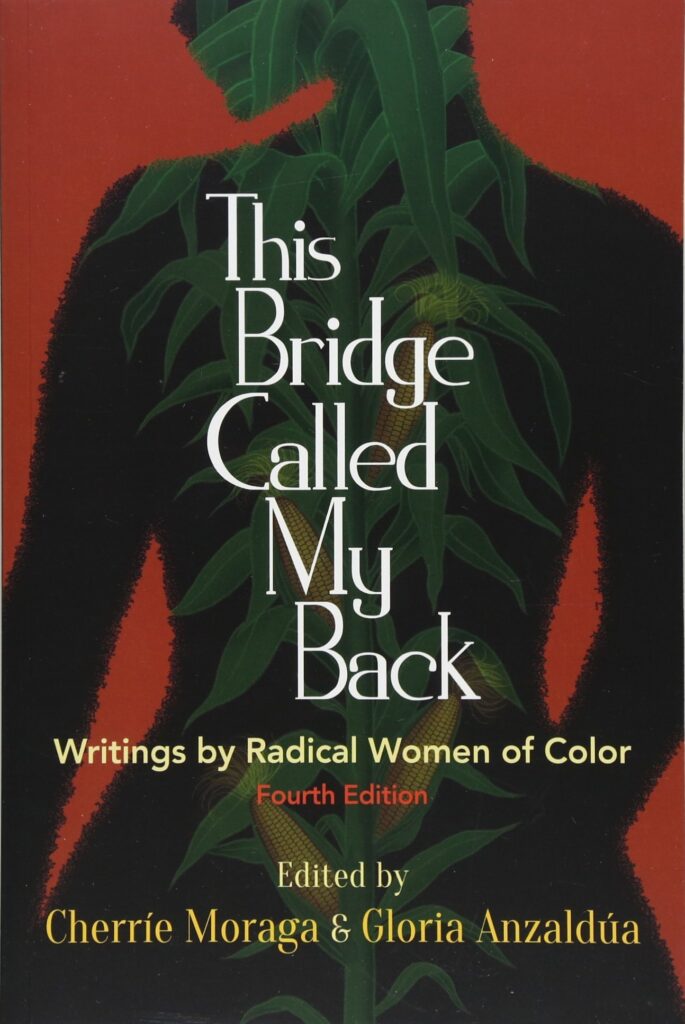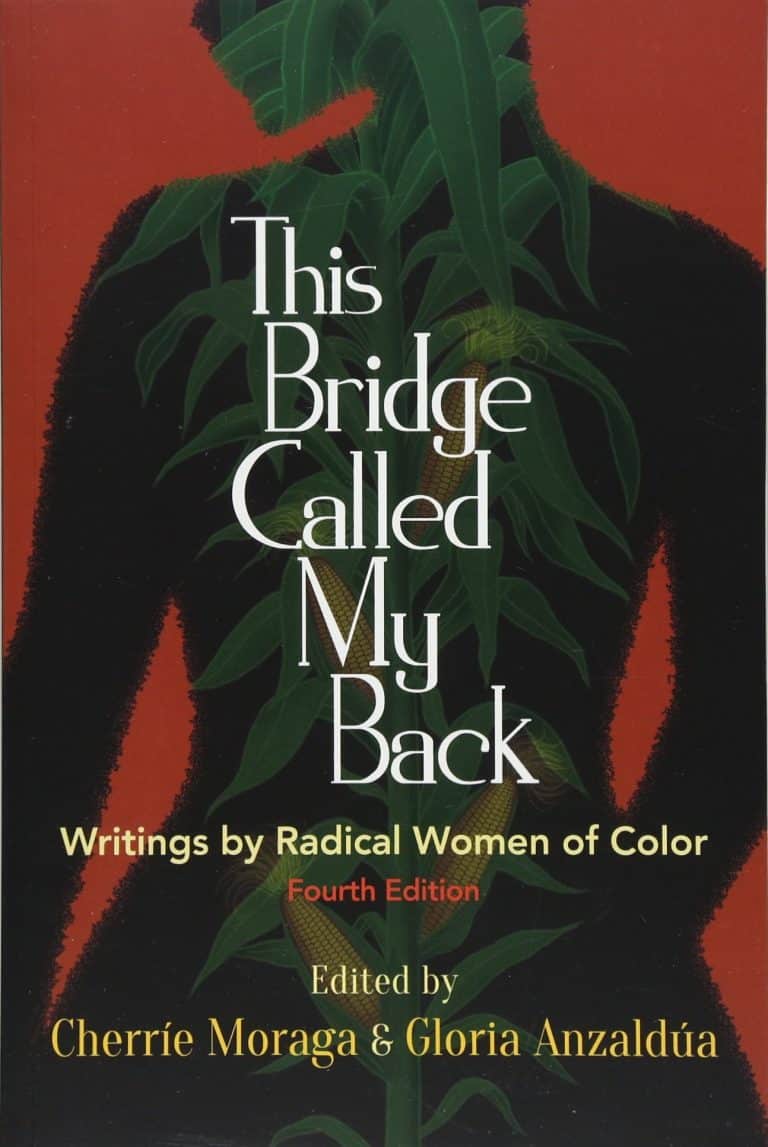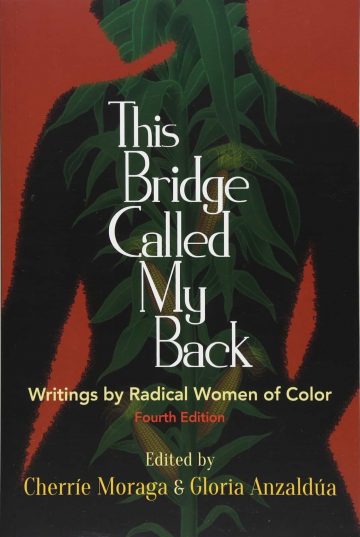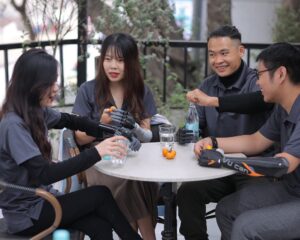You didn’t think I was going to stand on that corner by myself
(arms and legs like board, mouth full of cement) forever, now did you?
To Be Continued by Kate Rushin
I told my husband once, in the midst of little children and their constant, unsatisfiable needs, that I could go entire days without seeing another woman. I felt, often, like I was standing on a corner, stiff and silenced, unseen. In those days, Relief Society provided some respite, if only for a moment between dropping children off at nursery and taking the baby out for a diaper change. But then I changed. My life stopped looking the way it had, and the women who sat near me no longer wanted to understand me. In many ways, my family seemed to threaten those women I had called ‘sister.’ It isn’t that we chose not to conform: God had created us out of different cloth, and conforming wasn’t an option.
I got myself home, lit me some candles and some sandalwood,
put on some Dinah and Aretha, took myself a bath,
made myself some grits and eggs,
got on the phone and called up my Girlfriend.
To be continued by Kate rushin
When I saw I would no longer be comfortable next to those sisters, and that I made them uncomfortable, I found new friends who held space for my life. When I was bruised and weary, I found you here, in Exponent. I found you on social media and in book groups and on pilgrimages. I delighted in God’s creativity. And I expanded.
I continue to rejoice in finding new sisters. The collection of essays This Bridge Called My Back: Writings by Radical Women of Color, edited by Cherríe Moraga and Gloria Anzaldúa, feels like coming home. Inside these pages, women share deeply personal experiences. The work being done to free our mouths involves making our hearts bare, and it’s glorious. In church, I always felt afraid of being seen as a fraud or, worse, a traitor. But with the women in this book, I feel known and loved. Some of it is hard to hear. I “feel the pull and tug of having to choose between which parts of our mothers’ heritages we want to claim and wear and which parts have served to cloak us from the knowledge of ourselves” (p.19). But they reassure me that each of us needs to do that work. By learning to lean into their voices, and figuring out how I can do better, I’ve been able to offer grace to the women who called themselves sisters, but who never cared enough to be sisterly. This is godly love: honesty and truth. With a whole lot of laughter thrown in.
Think about it. How it sound you feeling ashamed ‘cause somebody
come treating you like you was somebody’s pork chop?
Don’t worry about it. When you got something to say, say it.
Just make sure you’re talking to somebody who shows some interest.
To be continued by Kate rushin
The sisters in this book teach me to recognize the ways we are all divine even in our differences. Together, we find liminal spaces free from the patriarchal gaze, where we can put on Dinah and Aretha and remind each other what it’s like to be women, together, in our power.
Now, whenever I get uptight, I remember what she told me:
Keep moving. Keep breathing. Stop apologizing and keep on talking.
When you get scared, keep talking anyway. Tell the truth like Sojourner Truth.
Spill all the beans. Let all the cats out of all the bags.
To be continued by Kate rushin
Through this book, I’ve come to understand that “the physical realities of our lives–our skin color, the land or concrete we grew up on, our sexual longings” (p.19) work together to inform who we are, but they don’t need to separate us from each other. Even though “I am a whole circus by myself” (p. 88) I’m not alone. “[T]he exhausting camouflage with which I go thru this social space called CAPITALIST PATRIARCHY” (p. 88) isn’t mine to navigate alone. I have sisters surrounding me.
If you are what you eat, you become what you speak.
If you free your tongue, your spirit will follow.
Just keep saying it, Girl, you’ll get whole.
Say it again and again, Girl, you’ll get free…
Free your spirit, no telling what could happen.
To be continued by Kate rushin
None of us can be free until all of us are free. I won’t be comfortable in my own skin until my sisters can be safe in theirs. And isn’t this the ultimate goal of the gospel of Christ? To know as we are known, and to love as we are loved? I can’t truly know my sisters if I don’t understand how they experience life differently. I can’t love women if I don’t hear their voices. By speaking, and hearing each other speak, our spirits find each other. This is my new Relief Society, one dedicated to solidarity with all my sisters.
I have a hope, one I hold close, and it lights my heart when I feel weary and worn. I believe we will all sit together at the feast of fat things. We’ll laugh, and we’ll cry (because every good pilgrimage brings honest tears). And we’ll see each other, really see, and mourn for the pain we carried alone (or caused) while we reach our arms out to lift each others’ burdens. I think we create that Zion here, now, when we learn to hear our sisters speak hard, but true, things. When we “work to unravel the knot” (p. 19) of oppressions, some different than ours, we can all, finally, get free.







One Response
I’ve read other work by Gloria Anzaldúa, but I hadn’t heard about this book.Thanks for sharing.